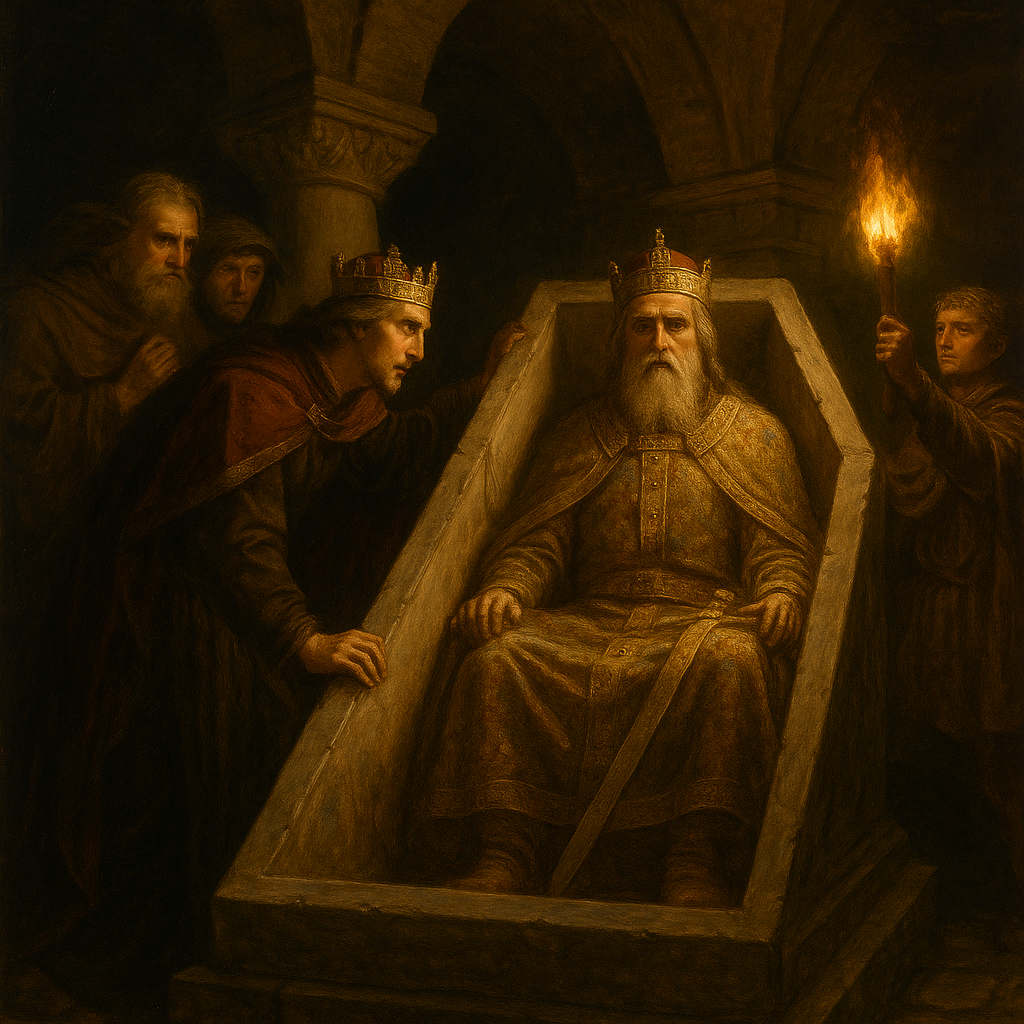
The Richest Kings of the Medieval Era – Power, Wealth, and Legacy

The Middle Ages were a time of towering castles, fierce battles, and powerful monarchs whose influence extended far beyond their borders. While many kings ruled over modest realms, a select few amassed fortunes so vast they became legendary—wealth measured not just in gold and silver, but in land, armies, and political dominance.
Here are four of the richest rulers of the medieval era, whose resources shaped kingdoms and altered the course of history.
Mansa Musa I of Mali (c. 1280–1337)
Often called the richest man in history, Mansa Musa's fortune is still the stuff of legend. Ruling the Mali Empire at its peak, he controlled vast gold mines in West Africa and commanded an empire stretching across modern-day Mali, Senegal, and Niger.
In 1324, his pilgrimage to Mecca stunned the Islamic world. Traveling with tens of thousands of soldiers, attendants, and camels loaded with gold, he distributed such lavish gifts along the way that he caused a temporary economic downturn in cities like Cairo.
Mansa Musa's wealth built mosques, funded Islamic scholarship, and established Timbuktu as a center of learning. His reign remains a symbol of Africa's historic prosperity and cultural influence.
Emperor Basil II of Byzantium (958–1025)
Known as the Bulgar Slayer for his military conquests, Basil II was also one of the wealthiest rulers of the Eastern Roman (Byzantine) Empire. His disciplined governance, expansion of territory, and control over key trade routes filled the imperial treasury with unprecedented riches.
Basil avoided excessive spending on court luxuries, instead investing in his army and fortifications. By the time of his death, he had amassed such a vast surplus that the empire was financially secure for decades after—a rare achievement in medieval politics.
William the Conqueror (c. 1028–1087)
The first Norman King of England, William I changed the political and economic landscape of medieval Europe. After his victory at the Battle of Hastings in 1066, he not only seized the English crown but also vast estates, redistributing land to his Norman followers.
His Domesday Book of 1086 remains one of history's most ambitious surveys of wealth and resources, cataloging the assets of his kingdom in meticulous detail. William's combination of English and Norman holdings made him one of the most powerful—and wealthiest—monarchs of his time.
Genghis Khan (c. 1162–1227)
While Genghis Khan is remembered primarily as a conqueror, his empire also commanded immense wealth. The Mongol Empire controlled vast stretches of Asia, including lucrative trade routes along the Silk Road.
Rather than hoard gold, Genghis measured wealth in terms of land, horses, and tribute from conquered territories. His empire facilitated unprecedented cultural and commercial exchange, enriching the Mongols and linking East and West in ways that shaped the medieval world.
Wealth Beyond Gold
In the medieval era, a ruler's wealth was not solely about money—it was about power, resources, and influence. Land ownership, control over trade, and the loyalty of armies mattered as much as overflowing treasuries. These kings remind us that wealth in history often served as both a tool of governance and a symbol of dominance.
From West Africa to the steppes of Mongolia, the richest kings of the medieval era wielded their fortunes to expand empires, shape cultures, and leave legacies that still echo today. Their stories reveal that medieval wealth was not merely counted in coins—it was measured in the reach of their power and the permanence of their impact.


